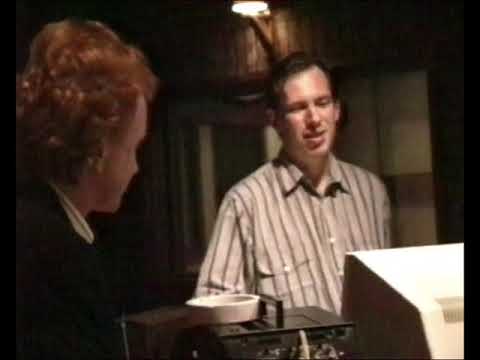The Musical Legacy of Hans Zimmer

Introduction
Hans Zimmer, the German composer renowned for his powerful film scores, has been a pivotal figure in cinematic music for decades. His work not only enhances the viewing experience but often becomes synonymous with the films he scores. With a unique blend of electronic elements and traditional orchestration, Zimmer has revolutionised film music and garnered a huge global following. Understanding his contributions provides insight into both the film industry and the evolving nature of music composition.
Career Highlights
Zimmer’s journey began in the late 1970s when he started working as a keyboardist and programmer for various projects. His breakout came with his score for the 1988 film “Rain Man,” which received an Academy Award nomination. Following this successes, Zimmer composed scores for numerous blockbusters including “The Lion King,” which won him an Oscar, “Gladiator,” and the “Pirates of the Caribbean” series. Each score showcased his ability to evoke deep emotion and set the tone for the films, solidifying his status as a heavyweight in Hollywood.
Innovation and Influence
Zimmer is known for his innovative techniques, often merging traditional orchestral sounds with synthetic sounds. His collaborations with renowned directors like Christopher Nolan and Ridley Scott have produced iconic themes such as those in “Inception” and “Dunkirk.” His music often features a strong rhythmic component, contributing to the tension and pacing of a film. Moreover, his influence extends beyond film, inspiring a new generation of composers and musicians globally.
Recent Projects
In recent years, Zimmer continued to push boundaries with his compositions. He scored the massively successful film “Dune” (2021), whose unique soundscape reflected the film’s otherworldly setting. The score not only received critical acclaim but has also been nominated for multiple awards, reaffirming Zimmer’s relevance in today’s film industry. His ability to adapt and innovate keeps him at the forefront of composition, ensuring that his work continues to resonate with audiences.
Conclusion
Hans Zimmer’s impact on the film industry is immeasurable. His revolutionary approach to music composition has paved the way for modern scoring techniques and showcased the power of music in storytelling. As film continues to evolve, Zimmer’s forward-thinking style suggests he will remain a fundamental part of this artistic landscape. For fans of film music, staying attuned to Zimmer’s future projects is undoubtedly worthwhile, as his legacy will continue to inspire and touch generations to come.









